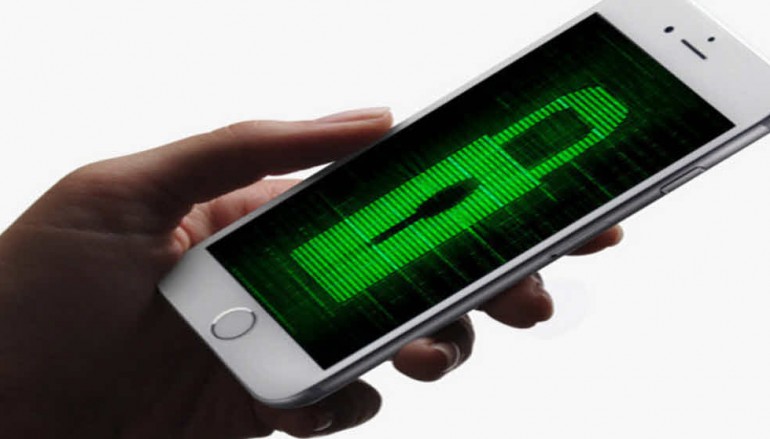
A Hacker Can Listen to Your Calls with Nothing More than Your Phone Number
Hackers can read all your text messages, grab personal information, and listen to voice calls with nothing more than your cellular phone number.
The glaring security vulnerability lies within the worldwide network of mobile carriers that use Signaling System Seven (SS7) to share data, so it’s not dependent on any particular phone. In a new report for 60 Minutes, German cybersecurity researchers showed just how much they could get.
“[We can] track their whereabouts, know where they go for work, which other people they meet when,” researcher Karsten Nohl said. “You can spy on whom they call and what they say over the phone. And you can read their texts.”
You can think of SS7 as being sort of like the cellular version ofbanking communications standards. Just as different banks need a common language to be able transfer people’s money around the world, mobile carriers use SS7 to pass customer data and allow a person who lives in New York City to be able to jump onto a cell network in London when they travel there.
It’s a vital piece of the mobile puzzle, but the problem is, security among the 800-plus mobile operators with access can be hit-or-miss. The hackers working with 60 Minutes obtained access legally with agreement from a mobile carrier for testing purposes, but it’s actually not that difficult to get in without a carrier’s blessing.
Hackers can break in illegally by going through unsecured access points on the internet, or they can even buy access from carriers for a few hundred bucks.
“If you plan on doing some SMS service or something like that you might actually need SS7 access, so it can simply be bought,” explained researcher Tobias Engel at the Chaos Communication Congress in Dec. 2014.
Though the exploit has been a known for nearly two years, the 60 Minutes report shows it is still clearly a problem. And since it’s at the network, and not the phone level, there’s very little consumers can do to protect themselves.
“The mobile network [is] independent from the little GPS chip in your phone,” Nohl said. “So any choices … choosing a phone, choosing a pin number, installing or not installing certain apps, have no influence over what we are showing because this is targeting the mobile network. That of course, is not controlled by any one customer.”
Many carriers are reportedly working on a replacement of SS7 with something more secure, but it will likely remain backward-compatible with the old system — leaving users vulnerable — for many years afterward as other carriers make the switch, according to Ars Technica.
Source | TechInsider





